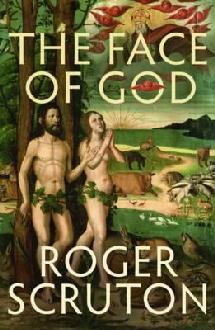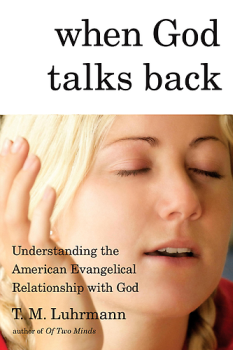- HOME
- INTRO TO THE FORUM
- USE AND MISUSE
- BADLY WRITTEN, BADLY SPOKEN
- GETTING
TO KNOW ENGLISH - PREPARING FOR ENGLISH PROFICIENCY TESTS
- GOING DEEPER INTO ENGLISH
- YOU ASKED ME THIS QUESTION
- ADVOCACIES
- EDUCATION AND TEACHING FORUM
- ADVICE AND DISSENT
- MY MEDIA ENGLISH WATCH
- STUDENTS' SOUNDING BOARD
- LANGUAGE HUMOR AT ITS FINEST
- THE LOUNGE
- NOTABLE WORKS BY OUR VERY OWN
- ESSAYS BY JOSE CARILLO
- Long Noun Forms Make Sentences Exasperatingly Difficult To Grasp
- Good Conversationalists Phrase Their Tag Questions With Finesse
- The Pronoun “None” Can Mean Either “Not One” Or “Not Any”
- A Rather Curious State Of Affairs In The Grammar Of “Do”-Questions
- Why I Consistently Use The Serial Comma
- Misuse Of “Lie” And “Lay” Punctures Many Writers’ Command Of English
- ABOUT JOSE CARILLO
- READINGS ABOUT LANGUAGE
- TIME OUT FROM ENGLISH GRAMMAR
- NEWS AND COMMENTARY
- BOOKSHOP
- ARCHIVES
Click here to recommend us!
READINGS IN LANGUAGE
This section features links to interesting, instructive, or thought-provoking readings about the English language and related disciplines. The selections could be anywhere from light and humorous to serious and scholarly, and they range widely from the reading, writing, listening, and speaking disciplines to the teaching and learning of English.
Language-specific genetic factor distinguishes us from animals
The American linguist and cognitive scientist Noam Chomsky has been hailed as the father of modern linguistics for his landmark and highly influential ideas on language, computer science, mathematics, and psychology. Among his most prominent—albeit controversial—contributions to modern thought is the Universal Grammar Theory, which suggests that all possible natural human languages have common properties and that certain rules of grammar are hard-wired into the brain and will manifest themselves even without being taught.
In a recent interview with Graham Lawton of the New Scientist, Chomsky discusses, among his many other areas of interest, how the Universal Grammar Theory has held up over the past 60 years. Looking back, Chomsky sums up what has happened: “In the 1950s, there was a serious attempt to address the core problems of language and it was immediately discovered that everything was a problem and we did not understand a thing. Now a great deal has been learned and we understand a lot more about the nature of language. The contemporary field is still very exciting. It is a living field. If you're teaching today what you were teaching five years ago, either the field is dead or you are.”
Read Graham Lawton’s interview of Noam Chomsky in the New Scientist now!
OTHER INTERESTING READINGS:
In “Brain drain,” an article that came out in the March 17, 2012 issue of The Spectator of UK, Roger Scruton bewails the tendency of neuroscience to presume to be the answer to everything. “When it comes to the subtle features of the human condition, to the byways of culpability and the secrets of happiness and grief, we need guidance and study if we are to interpret things correctly,” Scruton argues. “That is what the humanities provide, and that is why, when scholars who purport to practise them, add the prefix ‘neuro’ to their studies, we should expect their researches to be nonsense.”

Read Roger Scruton’s “Brain drain” in The Spectator of UK now!
In “Booksseeing and Believing: Experiences with evangelical congregations,” an article that came out in the April 2, 2012 issue of The New Yorker, Joan Acella reviews T. M. Luhrmann’s new book, When God Talks Back: Understanding the American Evangelical Relationship with God (Knopf, 464 pages). “The United States, as we know, is a very religious country, but the figures still have the power to amaze,” Acella says. “Since 1996, according to Gallup polls, between thirty-five and forty-seven per cent of Americans have described themselves as ‘evangelical’ or ‘born again’; two-thirds mostly or wholly believe that angels and devils are at work in the world. Given these figures, skeptics would do well to find out what is going on in evangelical churches, and that is what T. M. Luhrmann tries to explain in her new book…”

Read Joan Acella’s “Booksseeing and Believing” in The New Yorker now!
Click to read comments or post a comment
View the complete list of postings in this section
(requires registration to post)






